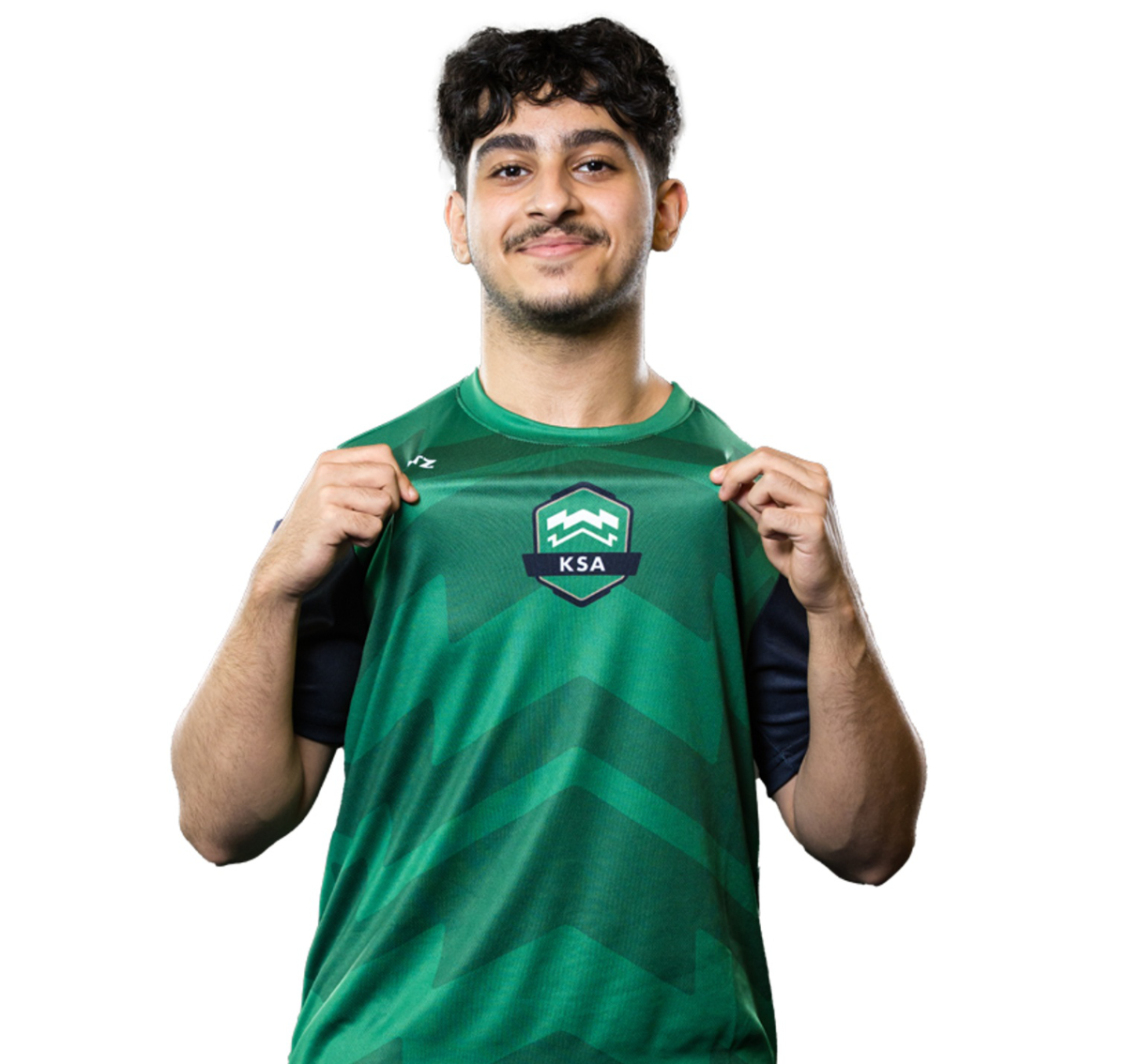MINA: The general supervisor of the Adahi Project said that 800 veterinarians will oversee the slaughter of more than one million Adhiya animals, both sheep and cows, for the current Hajj season.
Rahimi Ahmed Rahimi told Arab News that there will be more than 530 doctors from Sudan, Egypt and Jordan, in addition to more than 270 Saudi and resident doctors, in addition to undergraduate students from Saudi veterinary colleges.
According to Rahimi, the project’s veterinarians will be entrusted to perform six main tasks: “Sorting the cattle in barns and exclusion of animals that are non-compliant with legitimate conditions, exclusion and painting out of ill cattle, ensuring the safety of slaughter medically and legitimately, performing medical examination of the sacrifices, the insulation of improper sacrifices, and cleaning the sacrifices in case of increased workload.”
The project used 225 veterinarians from Sudan, who make up 43 percent of doctors from abroad, and 170 Egyptian doctors, who make up 33 percent. Jordan has 125 veterinarians who make up 24 percent of numbers.
The project also uses 270 Saudi and resident veterinarians from inside the Kingdom and about 90 students who are expected to graduate from local veterinary colleges. He said that after the arrival of animals to the project’s butcher houses, the veterinarian teams would inspect them before and after slaughtering to ensure they fully complied with veterinary conditions.
“A team from the Saudi Food and Drug Authority (SFDA), consisting of eight doctors, is also there for monitoring the process,” he said.
Doctors wishing to cooperate with the project must be at least 21 years old and not over 50. “They should also have a readable passport which is valid for more than six months and be medically fit, Rahimi said.
He said that applicants should have a five years of experience in the veterinary field. They must also submit a copy of their bachelor’s degree in veterinary science along with an up-to-date criminal status.
In addition, the veterinarian should have the “veterinary” profession in his passport and should be present in his country to provide his vital footprint at the approved visa center. “Finally, the candidate should attach his Veterinary Union membership card in his country,” he said.
“The project is responsible for securing entry visas for the veterinarians from outside the Kingdom, paying all the required fees, and securing the means of transportation from the doctor’s country to Makkah. The doctor can also visit Madinah and can be provided with suitable accommodation,” he said.
Rahimi also said there has been an increase in activity of 1,400 percent since the start of Saudi Arabia’s Project for Utilization of Hajj Meat (Adahi) 35 years ago.
Rahimi said that the number of both (hadi) and (Adhiya), Hajj animal sacrifice, carried out by the Adahi Project, which was established in 1983, amounted to 63,000 sheep, while the number in the 2017 Hajj season was 927,480 sheep. Rahimi said the rate of increase is an important indicator of the project’s success and the confidence of pilgrims from all over the world, in addition to the confidence of missions of pilgrims at embassies and consulates in Saudi Arabia, as shown by the statistics.
The Saudi government has entrusted the Islamic Development Bank with managing the project since its establishment.
According to Rahimi, the project is based on a fatwa issued by the Ifta House.
It was approved by the Council of Ministers of Saudi Arabia to authorize mandating the project exclusively to perform this Nusuk on behalf of pilgrims as it is subject to the government’s supervision, which ensures the proper application according to Sharia instructions and to meet health requirements.
The meat is distributed to beneficiaries in more than 25 countries around the world.
These include Arab countries such as Jordan, Palestine, Syria and Iraq as well as countries in Africa and Asia such as Mali, Ghana, Senegal, Bangladesh and Azerbaijan.
About 40,000 people are working with the project as butchers, veterinarians, Sharia supervisors, supporting labor, transportation, food supply, medical care and administration. Sheep are slaughtered, dressed, cut, packed and frozen in just 48 hours.
In 2017, the project announced the launch of the “Electronic Path” managed by the Saudi Ministry of Hajj, which allows Umrah visitors and pilgrims to use the services provided by Adahi.
This year, the project has expanded its offices, use of technology and communication with companies around the world.
Beneficiaries of the electrical path system can buy rites coupons online through the website www.adahi.org using a credit card, via money transfer or by accessing the Saudi Ministry of Hajj’s website.
Coupons are also available with collaborating entities such as Al-Rajhi, Mobily, Hadyat Al-Hajj Wal Moatamer Secure Services Company, as well as with Saudi Posts’ outlets throughout the Kingdom.
The project aims to expand its services in the future to serve any person around the world at any time who wishes to make a charitable sacrifice or rite.































